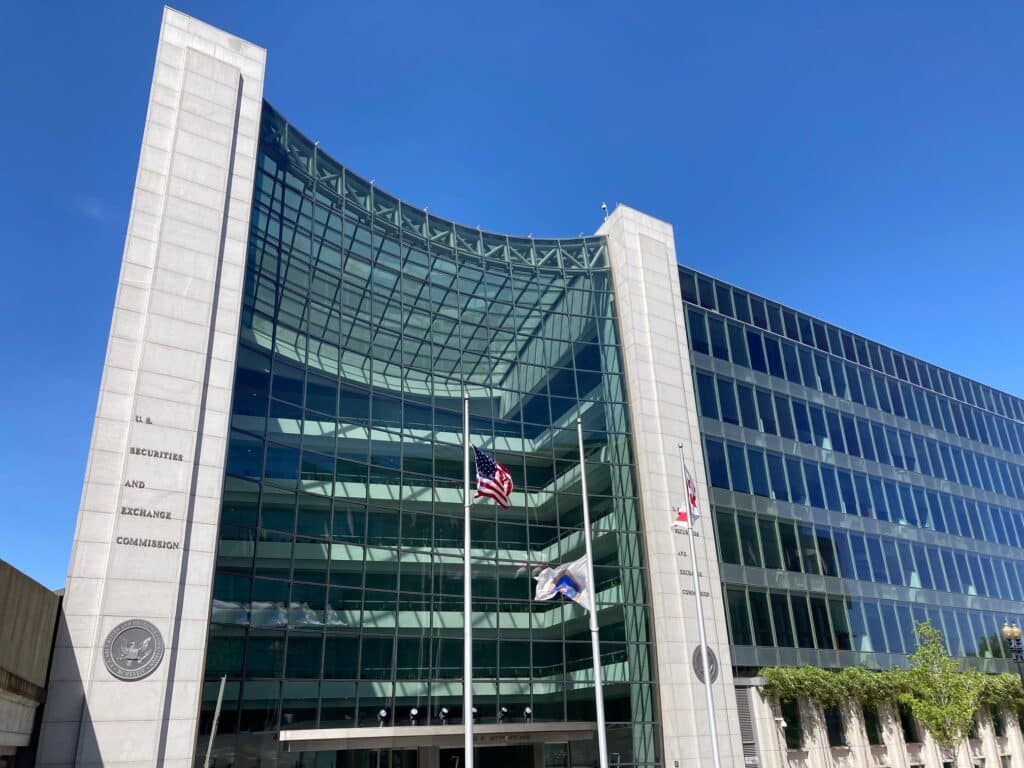On December 4, President-elect Donald Trump announced that he has picked former U.S. Securities and Exchange Commission (SEC) Commissioner Paul Atkins to head the agency. The SEC recently announced that current Chair Gary Gensler will be stepping down on January 20.
Atkins is currently the CEO of consulting firm Patomak Global Partners. He served as an SEC Commissioner from 2002 to 2008.
Whistleblower advocates are hopeful that as the head of the SEC, Atkins will continue the Commission’s support of the SEC Whistleblower Program, which has allowed the SEC to collect billions of dollars in sanctions since it was established in 2010.
“We hope that, if confirmed, Mr. Atkins will fully support the Commission’s hugely successful whistleblower program,” said leading whistleblower attorney Stephen M. Kohn of Kohn, Kohn & Colapinto. “Chairs from all prior administrations have recognized the vital role the whistleblower program plays in the SEC’s enforcement efforts, and we hope that Mr. Atkins will continue this tradition.”
Chair Gensler has been a supporter of the program, which awarded approximately $1.5 billion to whistleblowers. During President-elect Trump’s first term, then-Chair Jay Clayton likewise praised the program, noting that “the whistleblower program has been a critical component of the Commission’s efforts to detect wrongdoing and protect investors and the marketplace, particularly where fraud is well-hidden or difficult to detect.”
In 2011, Atkins testified before the U.S. Senate where he argued against the Dodd-Frank Act’s whistleblower provisions which established the SEC Whistleblower Program. He claimed that “it creates perverse incentives” and “sets up a system that has many inherent problems.”
However, this testimony occurred as the program was first being implemented and was based upon speculation about how the program would work. Some of Atkins’ arguments have proven to not be true in practice. For example, he argues that the program “undermines internal compliance programs.” However, the SEC reports that the vast majority of whistleblowers continued to use internal compliance programs, despite a study which found that internal whistleblowers are far more susceptible to retaliation.
Overall, the SEC Whistleblower Program has now awarded more than $2.2 billion to 444 whistleblowers since it was founded in 2010 with the passage of the Dodd-Frank Act. Whistleblower disclosures have directly led to several billions of dollars in sanctions.
